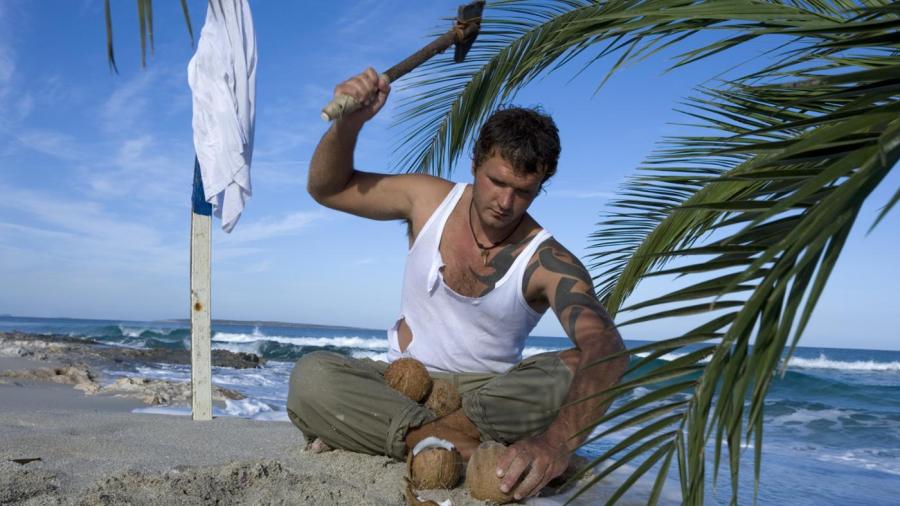What Are Some Examples of Irony in “Lord of the Flies?”

William Golding’s novel “Lord of the Flies” has many examples of irony, several of which are rooted in statements the young boys make about order and culture, which they later fail to uphold. One of the most obviously ironic quotes comes from the violent antagonist Jack who, early in the book, states, “We’ve got to have rules and obey them. After all, we’re not savages.”
Situational irony can be defined as a circumstance in which what occurs is the opposite of what is expected. Most of the irony in Golding’s “Lord of the Flies” is built on the premise that the boys stranded on the island were reasonably civilized and educated before they arrived. Over the course of the novel, they gradually devolve from having a loose but functional democracy to warring primal tribes that hunt, torture, and kill their enemies. This warlike primal culture is also ironic because the plane that stranded them was meant to evacuate them from a fictional war-torn Europe.
The interactions and developments of individual characters are also ironic. Jack, the refined choir leader, ends up leading the more savage tribe, even after issuing elitist statements. Simon, the smaller boy with fainting fits, is the only one to see the true nature of the “beast” that fell from the sky. Piggy, who is ostracized for his weight, asthma, and eyesight, is necessary for their survival because only his glasses can start their fire.





